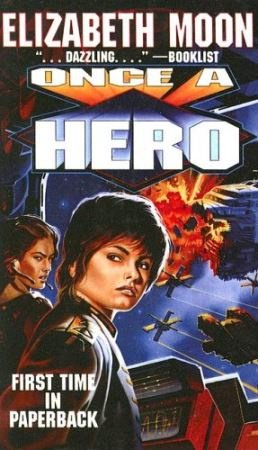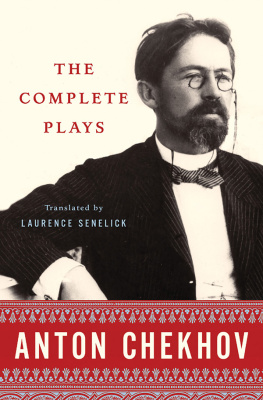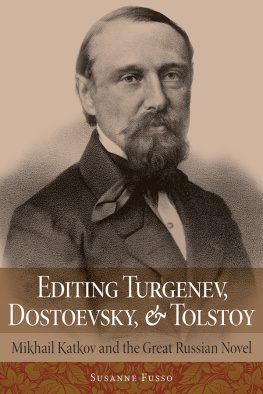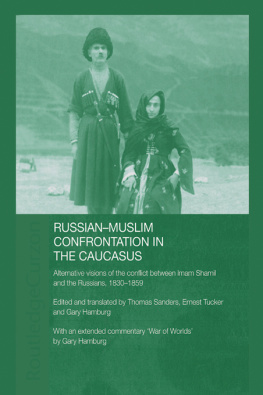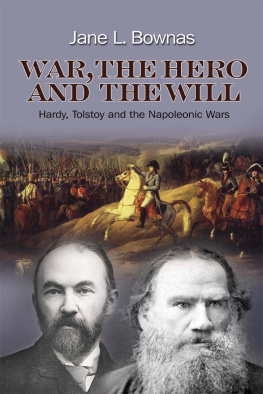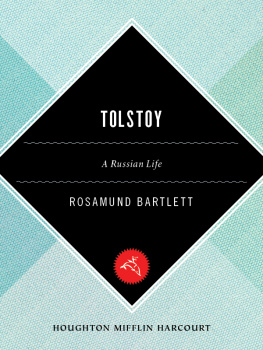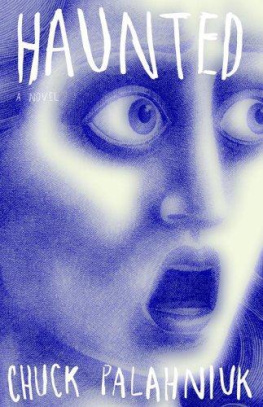Table of Contents
PENGUIN
CLASSICS
A HERO OF OUR TIME
MIKHAIL YURIEVICH LERMONTOV was born in 1814. After his mothers death in 1817, he was separated from his father and brought up at the estate of his aristocratic grandmother. Educated at home, he twice made journeys to the Caucasus and then studied in Moscow University Pension for the Nobility and the University (1830-32), although without sitting examinations. He then entered St. Petersburg Guards School and began writing poetry and autobiographical dramas in prose. In 1834 he was made an officer in the Guards Hussars. On Pushkins death in 1837, Lermontov was arrested for a poem of invective against court circles, The Death of a Poet, and was consequently expelled from the Guards and sent to the army in the Caucasus. When he returned to the capital he became involved in a duel and in 1840 was banished again to the Caucasus. He was twice cited for bravery, but the tsar refused to give him the award. On leave in 1841, hoping to retire and devote himself to literature, he was ordered back to the forces. He was challenged to a duel by another officer over a trivial insult and was killed on the spot. Lermontov is renowned as the one true Romantic poet produced by Russia and the one who reflected most strongly the current trend of Byronism. Many of his poems were set to music Borodino and The Cossack Lullaby became popular songs and The Demon was made into an opera by A. Rubenstein. His other poems include The Novice, The Prayer, Novgorod, The Prophet, and My Country. Lermontov greatly influenced Dostoevsky and Blok, while Tolstoy and Chekhov regarded his prose as a model.
NATASHA RANDALL has published translations of Yevgeny Zamyatins We (shortlisted for the 2008 Oxford-Weidenfeld Translation Prize) and Osip Mandelstams poetry, as well as the work of contemporary writers Arkady Dragomoshchenko, Alexander Skidan, and Olga Zondberg. She is a frequent contributor to the Los Angeles Times and lives in London.
NEIL LABUTE is a filmmaker and playwright whose work includes In the Company of Men and The Shape of Things. He lives in Chicago.
PENGUIN BOOKS
Published by the Penguin Group
Penguin Group (USA) Inc., 375 Hudson Street,
New York, New York 10014, U.S.A.
Penguin Group (Canada), 90 Eglinton Avenue East, Suite 700, Toronto,
Ontario, Canada M4P 2Y3 (a division of Pearson Penguin Canada Inc.)
Penguin Books Ltd, 80 Strand, London WC2R 0RL, England
Penguin Ireland, 25 St Stephens Green, Dublin 2
Ireland (a division of Penguin Books Ltd)
Penguin Group (Australia), 250 Camberwell Road, Camberwell,
Victoria 3124, Australia (a division of Pearson Australia Group Pty Ltd)
Penguin Books India Pvt Ltd, 11 Community Centre,
Panchsheel Park, New Delhi - 110 017, India
Penguin Group (NZ), 67 Apollo Drive, Rosedale, North Shore 0632,
New Zealand (a division of Pearson New Zealand Ltd)
Penguin Books (South Africa) (Pty) Ltd, 24 Sturdee Avenue,
Rosebank, Johannesburg 2196, South Africa
Penguin Books Ltd, Registered Offices:
80 Strand, London WC2R 0RL, England
This translation first published in Penguin Books 2009
Translation, introduction and notes copyright Natasha Randall, 2009
Foreword copyright Neil LaBute, 2009
All rights reserved
LIBRARY OF CONGRESS CATALOGING IN PUBLICATION DATA
Lermontov, Mikhail Urevich, 1814-1841.
[Geroi nashego vremeni. English]
A hero of our time / Mikhail Lermontov ; translated with an introduction and
notes by Natasha Randall ; foreword by Neil Labute.
p. cm.(Penguin classics)
This translation first published in Penguin Books 2009.
Includes bibliographical references.
eISBN : 978-1-101-05643-1
1. CaucasusFiction. 2. RussiaSocial life and customs1533-1917Fiction.
3. RussiaHistory, Military1801-1917Fiction. I. Title.
PG3337.L4G4133 2009
891.733dc22 2009006797
The scanning, uploading and distribution of this book via the Internet or via any other means without the permission of the publisher is illegal and punishable by law. Please purchase only authorized electronic editions, and do not participate in or encourage electronic piracy of copyrighted materials. Your support of the authors rights is appreciated.
http://us.penguingroup.com
Foreword
Mikhail Lermontov finished writing his novel, A Hero of Our Time, at roughly the same age that I was working in a Blockbuster video store and annually flunking a remedial math course in college. I may have those dates wrong, but its pretty darn close. Im one of those people who often compares their artistic progress to the work of a few of their literary heroes, and Lermontov was one of them. Georg Bchner was another, and he had written all of his works and was dead by twenty-three (he also found the time to become a medical doctor, but thats just plain annoying). Or-son Welles terrified America by roughly that same age with his War of the Worlds radio broadcast and had also made what most critics describe as the best film ever made ( Citizen Kane ) by twenty-six. If Im not mistaken, I think I passed that math class at about the same age.
Lermontov, of course, didnt live long after the publication of his first prose work (a bullet in a duel saw to that), but he effectively helped chart the course for the modern Russian novel with one stroke. Like a few othersShakespeare being perhaps the godfather of the bunchLermontov began writing in a psychological manner before the term really had any weight to it and well before Freud started seeing the word sex floating in every cup of coffee (and still had the use of his own jaw). One could carry on at some length and gush intellectually about all of Lermontovs influences and influential works, but most of you would know that I simply looked him up on Wikipedia and that Im really just reciting somebody elses research back to you. Id rather try to be truthful and express a little respect toward someone who stumbled onto a way of working that, within the confines of one short prose work, actually advanced the way we see and think and feel about the novel.
The character of Grigory Alexandrovich Pechorin is one that amuses as much as he distresses. After you have finished reading Lermontovs work you are thankful its only a novel, but youre also quite sure its a truthful portrait of the artist as a young soldier. Much has been made of how autobiographical or not Lermontovs personality sketch of Pechorin is. In the end, though, that hardly seems to matter. Whether emerging from a poisoned look in the mirror or derived from a thousand details of his friends and neighbors, Lermontov gets the alchemy just right and creates one of the most vivid and persuasive portraits of the male ego ever put down on paper. Everyone from Dostoyevsky to Palahniuk needs to thank Lermontov for not shying away from his warts and all creation and for setting the literary bar so damn high. Its not for nothing that writers like both Turgenev and Chekhov have commented on the ruthless honesty with which Lermontov wrote. Indeed, Chekhov was rumored to have remarked, Still just a boy, and he wrote that! (Im sure if Mr. Chekhov had been flunking a math class he wouldve been even more impressed.)
There are some terrific and clever uses of structure in Lermontovs workthe diary sections juxtaposed with the other two tales, the multiple narrators, etc.but I am most taken with his precise and ruthless approach to character. Lermontov never tries to fully explain Pechorins behavior, and, most important, he never apologizes for it. This is psychology at its most advanced. Let the critics and the scholars sit about and ponder over the why of it allLermontov dumps the facts and exploits of his character into the laps of his readers and lets them do some of the work for a change. He writes with the precision of a surgeon but with the heart of Caligula. The life of Pechorin is to be seen, episode for episode, as both a cautionary tale and a wonderful feat of derring-do. If theres a modern equivalent in popular literature, its probably George MacDonald Frasers hilarious Flashman series. What a treat it would be to have Pechorin and Flashman meet on the field of battle, perhaps in the Crimean (Pechorin would have to keep himself alive somehow for another decade or so, but its possible); the Russian mightve been very surprised to finally meet his match in the silly, dangerous, and probably sociopathic form of Frasers Englishman.

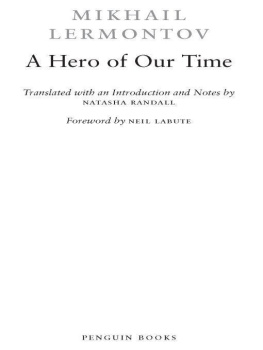

![Mihail Lermontov - A Hero of Our Time [New Translation]](/uploads/posts/book/837578/thumbs/mihail-lermontov-a-hero-of-our-time-new.jpg)
